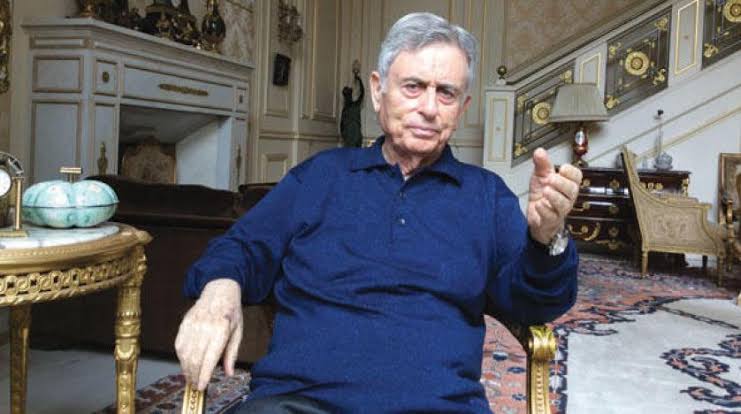Abdul Halim Khaddam warned the sponsoring countries of the Geneva 2 conference, which did not take into consideration that any dialogue not between two equal powers would result in victory for the stronger. He added that Bashar al-Assad possesses all means of killing and destruction, while the Syrian people have faith and determination for liberation. He considered the conference as an opportunity and time for Bashar al-Assad’s regime.
He also discussed the idea of the success of the opposition and the regime in agreeing on the formation of a transitional government, considering it to be a government that would give Bashar al-Assad more power for killing and destruction, unable to make any decisions as they would clash with the regime’s interests.
In a video, he pointed out that the National Coalition is not the Syrian people and does not represent the Syrian people; rather, it is a part of the opposition. It does not have the power or authority to negotiate with the regime on behalf of the Syrian people. He stated that the only entity with the right and legitimacy to negotiate is a comprehensive national conference based on the Syrian interior because the interior provides legitimacy for any party to negotiate with the regime.
He continued that the negotiations would continue until the end of Bashar al-Assad’s term, and then a new phase full of meetings would begin. He stated that the departure of Bashar al-Assad does not mean the departure of the regime.
He spoke about the regime, saying: the regime is an institution established by Hafez al-Assad since the early seventies, serving as an alternative to the state. Thus, the institution gave Hafez al-Assad full powers to manage the country. Hafez al-Assad formed three structures for the regime:
- The structure of the president who ruled with extensive powers.
- The structure of the armed forces and security apparatus, whose role is to protect the regime and the ruling family.
- The economic structure consisting of the ruling family and senior security officials. Its task was to control the wealth in the country and use state institutions to control the wealth.
He added that Bashar followed his father’s path, focusing on the issue of money and wealth, believing he owned the world, the people, and the state. Faced with his weakness, he fell into the trap in Daraa when he used military force, leading to the explosion of suppressed uprisings.
Khaddam affirmed that the difference between the father and the son is Iranian intervention and the embrace of Iran, which Hezbollah provided for him to use.
He said that Hezbollah did not appreciate the step he took, and the party did not understand the danger of killing Syrians. He emphasized that this regime will fall, and the new regime in Syria will enter Lebanon and retaliate against Hezbollah because Lebanon, as a state, could not abide by its agreements with the Syrian state not to be a passage for aggression against Syria.
He stated that the blood of the Syrians is not cheap, warning that Hezbollah will pay the price in blood.
He continued, saying that major Arab and Western countries did not consider the growing Iranian role, which aims to build a strong state controlling the Middle East. These countries did not realize the danger of Iran and its intervention in Syria. He warned that if Iran triumphs in Damascus, it will not stop at this victory and will attack after everyone.



